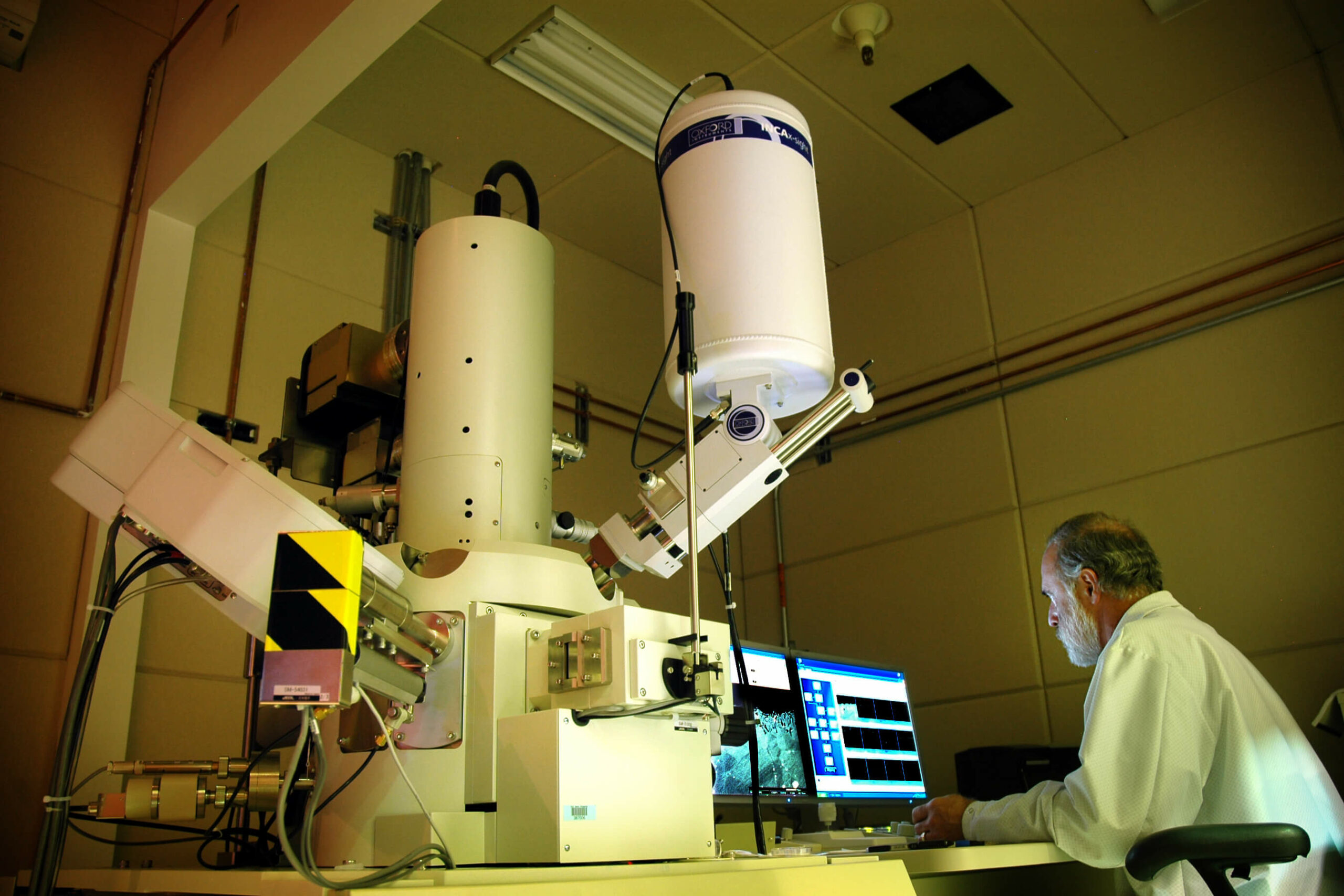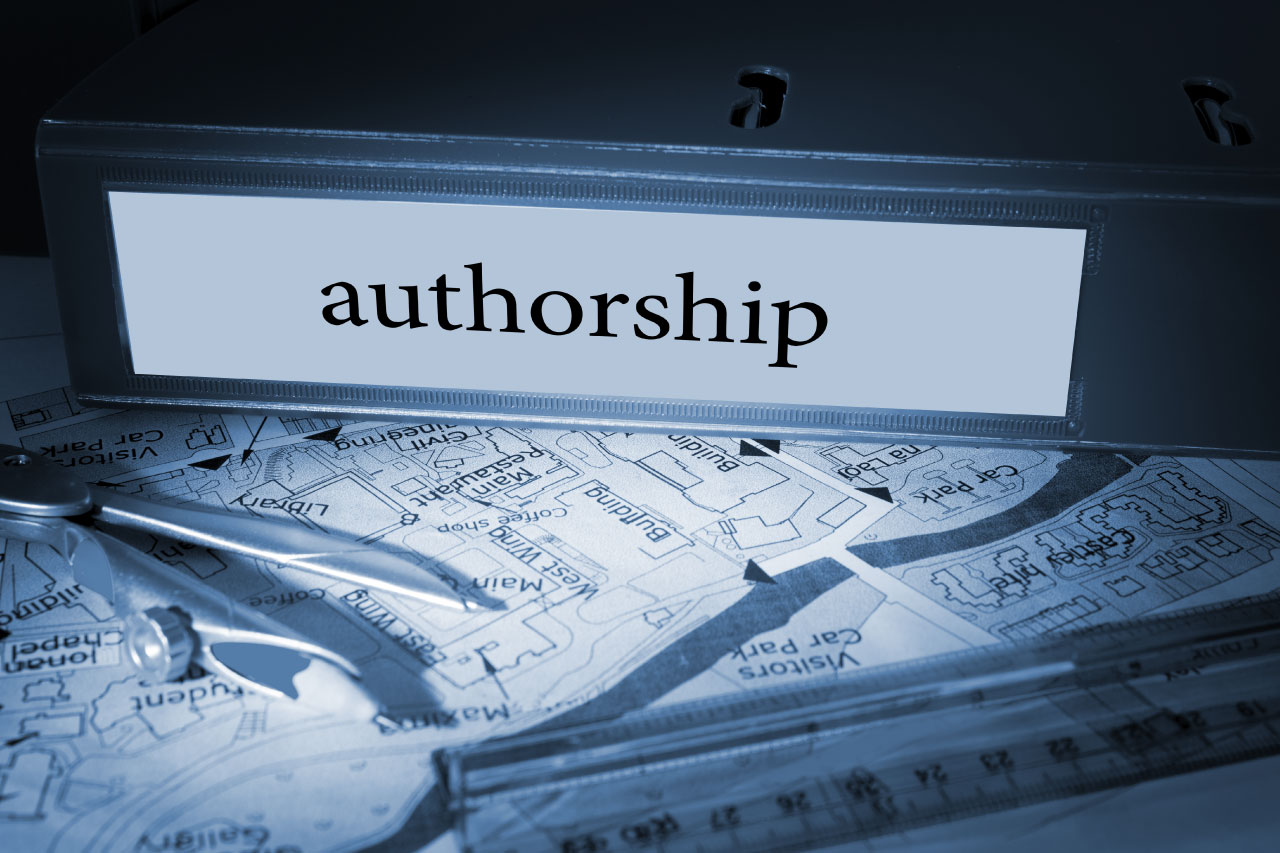Study finds that the words robust, novel, innovating, and unprecedented have a 15000% relative increase in frequency over the last 40 years.
A recent study1 in the BMJ Christmas issue investigated the use of positive and negative words in the scientific literature. The study included a retrospective analysis of PubMed titles and abstracts between 1974 and 2014, and found that the number of positive words used in scientific abstracts saw a relative increase of 880% between 1974 and 2014. The frequency of negative words had a relative increase of 257% over the 4 decades. From their results, authors also predict that the word “novel” will appear in every abstract by the year 2123!
Interestingly, the study noted that the increase in positive words in selected high impact journals over the last 10 years of the study was significantly lower than across all journals. The authors speculate that this is because of the more stringent editorial standards and peer-review in these journals. The study also reports a significant reduction in positive/negative word frequency in authors from English-speaking countries compared with authors from other countries.
Are scientists really looking on the brighter side of research, or is the pressure to publish and the trend toward positive outcome bias creating the necessity for researchers to add marketing skills to their professional profiles.
What can you do to improve your chances of success when writing your next scientific paper? Here are our top 10 tips:
- Keep it plain, simple, and familiar; avoid complex terms.
- Use the active voice.
- Avoid the use of excessively positive or negative words.
- Keep it short and concise, avoid lengthy sentences and unnecessary details.
- Be specific, avoid vague language (almost, about).
- Avoid the use of overly technical jargon, use only when indicated.
- Use quantitative rather than qualitative descriptions.
- Maintain a logical flow throughout all sections of the manuscript.
- Keep abbreviations to a minimum, and use standard abbreviations when able.
- Remain impartial and objective, let the evidence support the conclusions.
Comment below with any other tips you would like to share.




